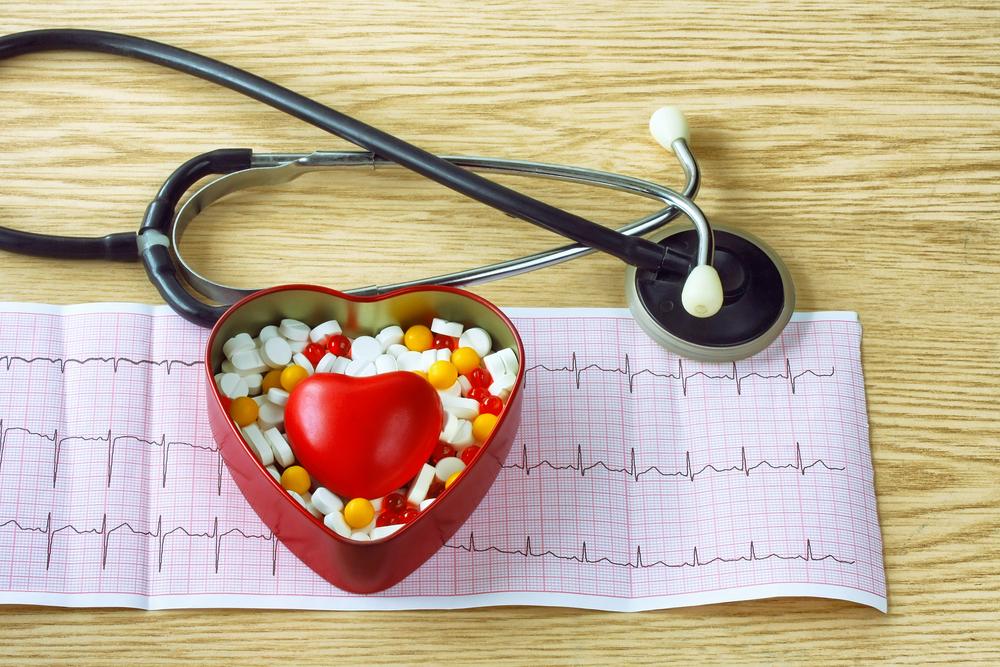Vitamin supplements that improve heart health
Vitamin supplements help you by making your bones and muscles strong. Some vitamins have also proved to help lower your cholesterol and improve blood pressure. Regular intake of these vitamins reduces your risk of heart diseases. The following is the list of vitamins for heart health.
Vitamin D:
As per a study conducted by Framington Heart study, it is proved that a daily intake of 400 to 800 IU of Vitamin D can significantly lower your risk of heart attack. Deficiency of this vitamin increases the risk of cardiovascular diseases.
Fiber:
Fiber is found in fruits, vegetables, legumes, and grains.

Sterols and stanols:
These compounds are found in food items like grains and nuts.
Coenzyme Q10:
Coenzyme Q10 is also known as Ubiquinol and Ubiquinone. The human body makes this enzyme naturally in small quantities. This supplement increases the contractility of the heart. CoQ10, when taken as a supplement, lowers your blood pressure. It is also proven that when this is taken along with heart disease medication, people start feeling better slowly. This supplement can also reduce side effects of satin drugs like muscle pain and weakness.
Omega-3:
This fatty acid, which is widely found in fish, helps in balancing the blood lipids like cholesterol and triglycerides. Omega-3 slows down the piling up of plaque in the arteries, hence preventing the risk of heart attack. If you are taking omega-3 as a supplement, then 1000 mg a day will be the ideal dose.
Garlic:
Garlic and garlic extracts lower the levels of triglycerides and cholesterol in the blood. It is also believed that this supplement can slightly increase the levels of good HDL cholesterol. The organosulfur compounds in garlic work as powerful antioxidants.
Niacin:
Niacin is nothing, but Vitamin B3. This vitamin, when taken as a supplement, increases the diameter of the blood vessels. It also lowers the levels of triglycerides and LDL bad cholesterol in the blood while increasing the levels of good HDL cholesterol. Permitted daily dosage of this vitamin is 50 to 200 mg a day.
Every person responds differently to vitamins and supplements. Therefore, you need to constantly monitor the lipid levels to understand which vitamins are working for you.

